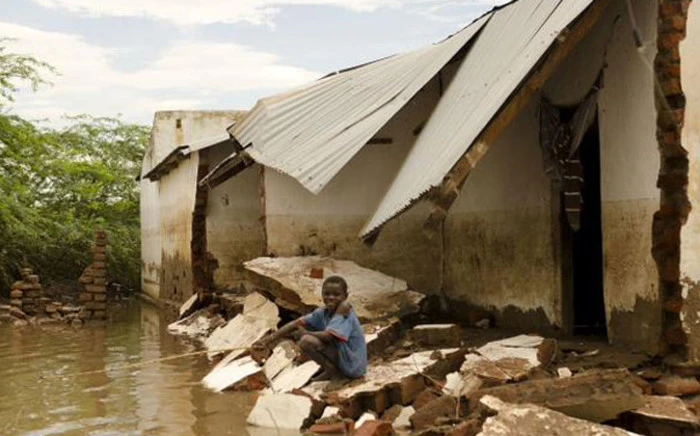LILONGWE, Nov 6(ABC): Malawi cholera outbreak death toll hit 200 as of Saturday with cumulative reported cases at 6,720 since the first case was reported in March in the south-eastern border district of Machinga. Minister of health, Khumbize Kandodo Chiponda, disclosed this in her latest update on the outbreak, saying all the country’s 28 districts, including Likoma Island, have now reported cholera cases. According to the statement, the lakeshore district of Nkhata Bay has recorded 1,181 cases, the highest, and 33 deaths, while another lakeshore district of Nkhotakota has recorded 863 cases and the highest death toll of 41.
The daily cholera outbreak updates indicate that 14 deaths have been recorded so far in the month of November with 9 deaths recorded on Friday alone. The outbreak’s Case Fatality Rate is at 3.0 percent with a total of 6,201 people having recovered, and 319 still in the country’s treatment centres. The minister noted in her update that “most of the deaths occurred while in the communities, or at health facilities after presenting at the facilities late for treatment”. She cited poor food hygiene, lack of safe water and low latrine coverage and usage as the major factors associated with the cholera outbreak in the communities. The minister also attributed the spread of the outbreak to delay in seeking medical attention due to some beliefs among the communities.
“It is sad to note that some cholera patients are not seeking care early due to religious beliefs, and this is making the disease spread further, resulting in unnecessary loss of life in the process,” said Chiponda in her update. Experts have attributed the “out-of-season” cholera outbreak to climate factors, cyclones Ana and Gombe in particular, which hit the country early in the year. WHO Africa’s Incident Manager of the Ebola outbreak in Uganda, Dr. Patrick Otim, made the observation Thursday on the sidelines of WHO Africa Virtual Press Briefing on climate-related health emergencies in the African region.
“The initial trigger was the climate related event that disrupted the water and sanitation systems in Malawi and predisposed the country to the cholera outbreak,” observed Dr. Otim, adding that “the movement of people has resulted in transmission of the outbreak across the country.” He further noted that the WHO is working with the Malawian government to scale up the response to reverse the epidemiological trend that has been seen over the past weeks.

